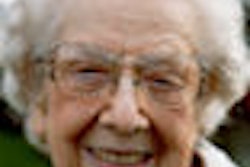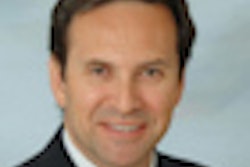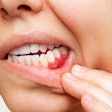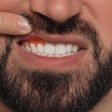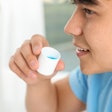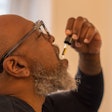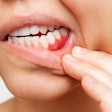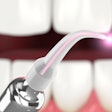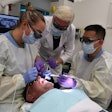Many hygienists feel unprepared to treat elderly patients with special needs, according to a study in the International Journal of Dental Hygiene (August 21, 2011).
"At the beginning of the 20th century, people 65 and older comprised 4.1% of the population," wrote the study authors, from Texas Women's University. "By the year 2030, it is estimated that people 65 and older, the 'baby boomer' generation, will comprise more than 20% of the population. This will have a profound effect on the practice of dentistry and on society as a whole."
This issue prompted the researchers to design a study that would assess whether dental hygienists in Texas are prepared and willing to treat the elderly in alternative practice settings such as nursing homes.
They mailed a questionnaire to 500 hygienists culled from a 5% systematic sample of dental hygiene graduates taken from four dental hygiene schools in Texas. Of these, 175 questionnaires were returned, for a 35% response rate.
The questionnaire asked respondents what degree(s) they held, how prepared they felt to treat the special needs of the elderly, if they were willing to work in alternative practice settings such as a nursing home, and if they felt additional education was needed.
More than 86% of the respondents said they felt somewhat prepared to treat the special needs of the elderly based on education, but 86.5% also felt more education was needed to better prepare them to treat the elderly. More than half said they would not be willing to work in alternative practice settings such as nursing homes.
"The average respondents do not feel fully prepared to treat the elderly with special needs, and they think more education is needed to better prepare them to treat this important target population," the researchers concluded.





